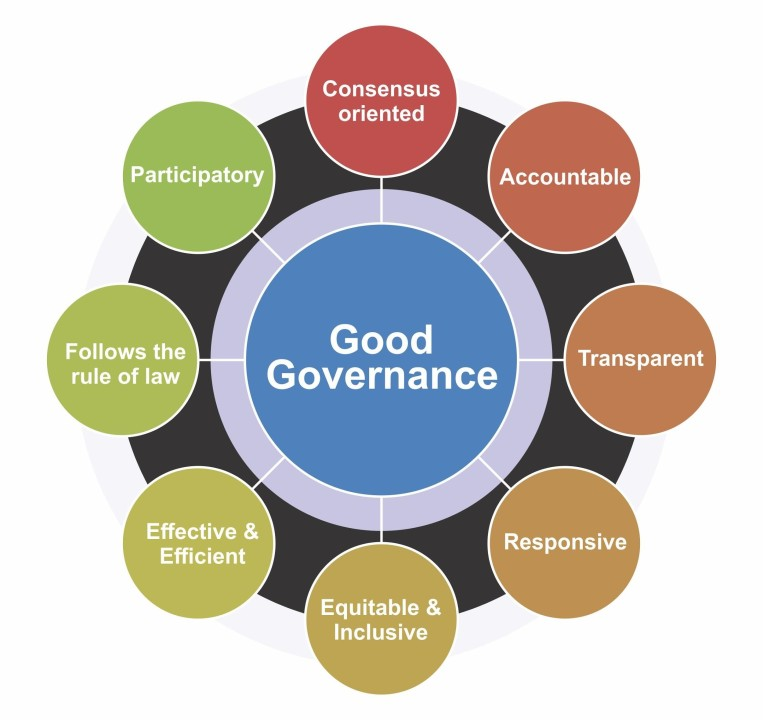- Filter By :
- Theoretical Questions
- Case Studies
-
Q. Accountability in public administration is essential for ensuring the efficient use of resources. Evaluate how accountability in the public sector contributes to good governance. (150 words)
10 Apr, 2025 GS Paper 4 Theoretical QuestionsApproach
- Define accountability in the context of public administration and good governance.
- Examine how it promotes transparency, efficiency, ethics, and trust. Substantiate with examples.
- Conclude Suitably.
Introduction
Accountability in public administration denotes the ethical obligation of public officials to act with transparency, integrity, and responsiveness, and to provide clear justifications for their decisions and actions to both the public and appropriate oversight institutions. In a system of good governance, accountability is fundamental as it ensures the effective and transparent use of resources, which is essential for the welfare of the citizens.
“Accountability breeds responsibility’’
-Stephen Covey
Body
Accountability a Key to Public Administration:
- Ensures Transparent Decision- Making: Accountability mechanisms such as audits, performance reviews, and public scrutiny create an environment where decisions made by public officials are open to evaluation, reducing the chances of misuse of resources.
- E.g: Direct Benefit Transfer (DBT) scheme reduces leakages through timely monitoring and evaluation.
- Promotes Ethical Behavior: Public officials who are held accountable are more likely to follow ethical norms and avoid corrupt practices, knowing that their actions are being observed. This leads to better governance and the optimal use of public resources.
- E.g: Under MGNREGA, social audits are mandated where villagers assess how funds are used in their area. It ensures that officials and contractors are answerable to the community, thereby curbing corruption and improving transparency.
- Strengthens Public Trust and Social Equity: Accountability ensures that the benefits of public resources are distributed equitably. Public distribution systems (PDS) have seen significant reforms and improvements in transparency through digital systems, leading to reduced fraud and better resource utilization.
- Encourages Better Service Delivery: Accountability ensures that public servants are responsible for meeting the needs of citizens, leading to improved service delivery in social sectors.
- The successful implementation of the Swachh Bharat Mission was made possible by holding local bodies accountable for their role in sanitation management.
Conclusion
Accountability in public administration is indispensable for ensuring the efficient use of resources, fostering transparency, reducing corruption, and strengthening public trust. It is integral to achieving good governance, as it upholds the principles of equity, transparency, and responsiveness, ultimately ensuring that resources serve the public good.
To get PDF version, Please click on "Print PDF" button.
Print PDF





